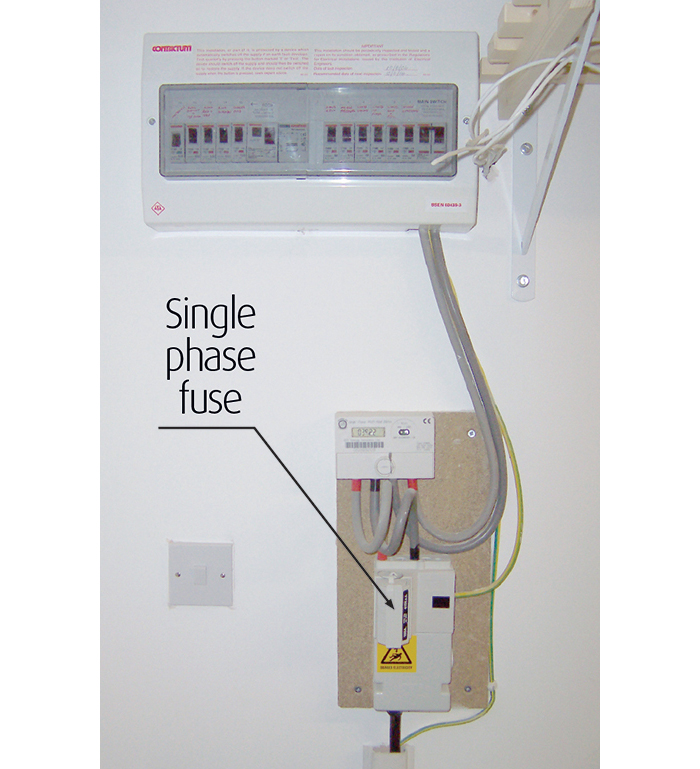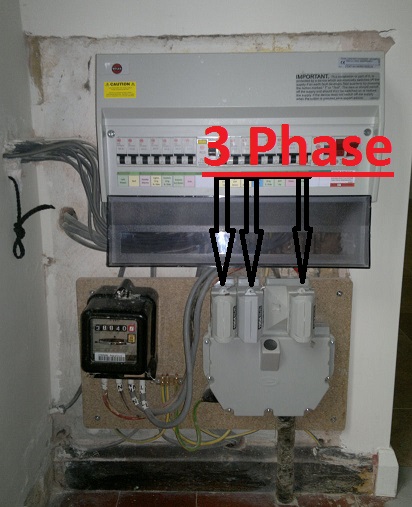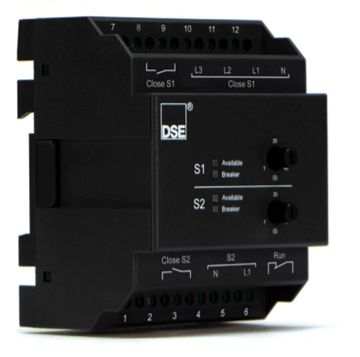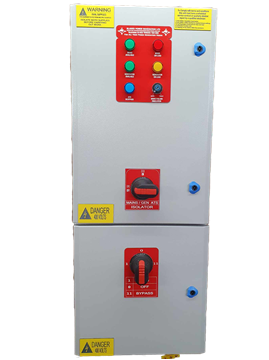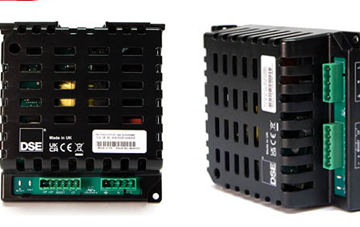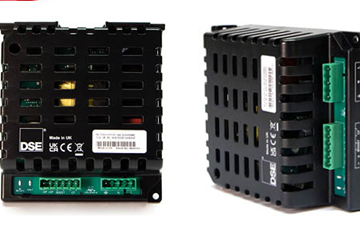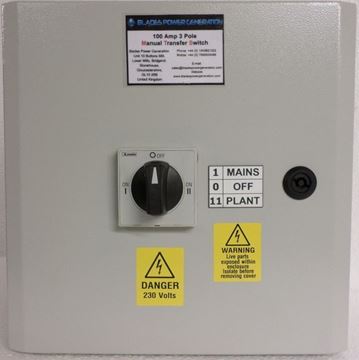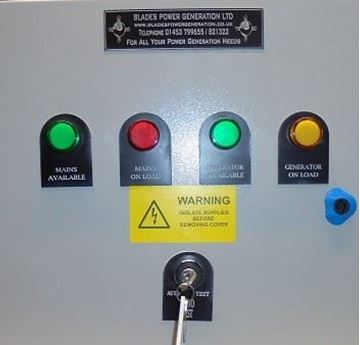It is sad to say it, but we live in an age where electrical blackouts are becoming more common. While some 60% of power failures are the result of a violent storm, it is also the case that one third of them (34%) are caused by faulty equipment as a result of the fact that the grid is aging and is becoming overloaded.
One of the reasons for this is that the population of this country is increasing at an almost alarming rate. Net immigration last year – both legal and illegal – came to a record high of 906,000. That is close to one million more people who all use electricity in the same way that the rest of us do. So, the simple fact is that power outages are going to become more and more common.
Turn Off Appliances
If your power goes down, whether at work or at home, one of the first things to do is to turn off all appliances / computers. The reason for this is that when the power comes back on it can result in an electrical surge which can then cause damage to anything which is still switched on. It is OK to leave a light on as, apart from anything else, it will let you know when the power has reconnected.
It is well worthwhile checking with neighbouring businesses if their power has gone down too, because if not, the fault is within your own building or its’ wiring or appliances.
It is also a good idea to call 105, which is a free service that puts you in touch with your local supplier. You can gain information about the outage and when the power is expected to return.
For total peace of mind, the ultimate answer is to have your own standby generator which can automatically switch on when the power goes down and you need emergency power, thus saving you all the hassle. These are available in different wattages, so you can buy one that is the correct size for the power that you need. Depending upon your power requirements, a new generator can be fairly expensive.
However, you can also buy used generators in the UK. At Blades Power Generation, we always have some of these available. This is because many businesses that use generators are growing and then begin to need more power. So, they trade in their old generators with us. When you buy used generators in the UK from us, it can save you a considerable amount of money. You will also have the peace of mind that when you need emergency power, it is right there ready and waiting.













